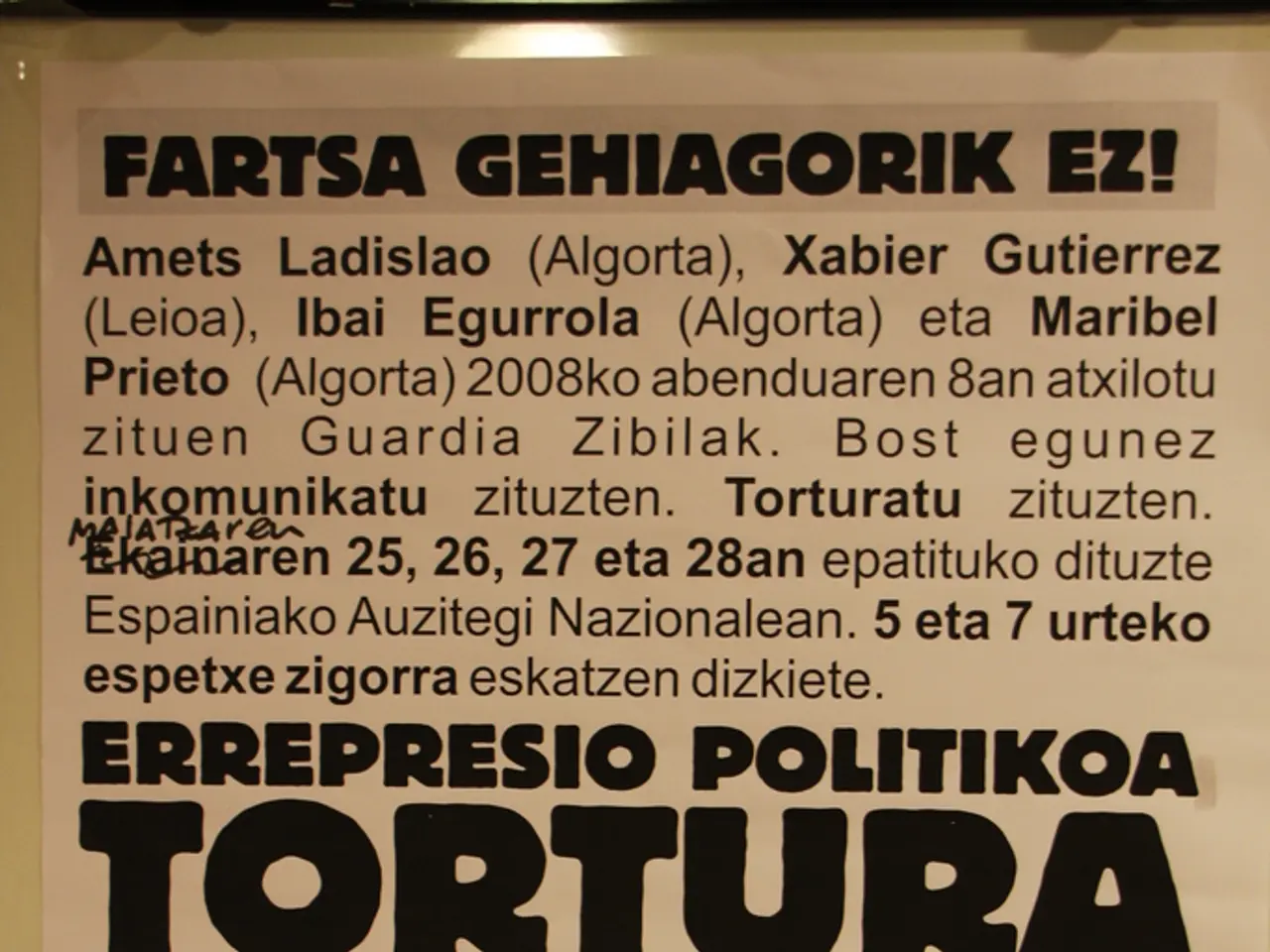Interest rates for the three- and six-month Euribor periods have increased, while the rate for the 12-month period has decreased.
## Euribor Rates in Portugal: A Gradual Decline
The European Central Bank (ECB) concluded its monetary policy meeting in Frankfurt today, with attention focused on whether ECB President Christine Lagarde would provide any hints about future steps. The meeting comes as the Euribor rates, a benchmark interest rate in Europe, have been experiencing a gradual decline in Portugal.
The 12-month Euribor, the most commonly used maturity for mortgage indexation in Portugal, has shown a downward trend since spring 2025. The rate, currently at 2.036%, has fallen from a peak of 2.91% in April and is expected to remain around 2.68% at the start of July, with a monthly average of approximately 2.70%, and a month-end figure of 2.71%. This indicates a gradual, though modest, decline after a period of stabilization.
Similarly, the six-month Euribor rate, currently 2.037%, has also been on a slight downward trajectory, with a monthly average of 2.050% in June, following a rise of 0.003 points since the last report. The three-month Euribor rate, at 1.948%, has also seen a decrease of 0.103 points since June.
The ECB's recent pause in rate cuts, holding its main refinancing rate at 2% and the deposit facility rate at 2.0% in July 2025, reflects a balanced risk between persistent trade uncertainties and inflation that has recently reached the 2% target. This stance suggests that Euribor rates are expected to remain relatively stable in the near term.
For Portuguese variable-rate mortgage holders, this trend is generally favourable, as it reduces the interest burden in the short term. However, borrowers should remain attentive to broader economic and ECB policy developments, which could influence future rate movements and, consequently, mortgage costs.
In May, the six-month Euribor represented 37.75% of the 'stock' of variable-rate loans for permanent residential housing in Portugal. Over the same period, the twelve-month and three-month Euribors represented 32.32% and 25.57%, respectively, of the 'stock' of variable-rate loans.
Investors are eagerly awaiting the ECB's monetary policy meeting this week, hoping for insights into the bank's future plans. The recent trend in Euribor rates, coupled with the ECB's current stance, suggests a period of stability, but borrowers and investors alike should remain vigilant as economic conditions and policy decisions can impact these rates in the future.
**References:** [1] Banco de Portugal (2025). Euribor. Retrieved from [https://www.bportugal.pt/pt/estatisticas/interesses/euribor](https://www.bportugal.pt/pt/estatisticas/interesses/euribor) [2] European Central Bank (2025). Monetary policy decisions. Retrieved from [https://www.ecb.europa.eu/press/mopo/html/index.en.html](https://www.ecb.europa.eu/press/mopo/html/index.en.html) [3] Reuters (2025). ECB on hold as economy stabilizes, inflation nears 2%. Retrieved from [https://www.reuters.com/business/finance/ecb-on-hold-economy-stabilizes-inflation-nears-2-2025-06-16/](https://www.reuters.com/business/finance/ecb-on-hold-economy-stabilizes-inflation-nears-2-2025-06-16/) [4] Banco de Portugal (2025). Taxa de Juro de Ajuste Geral (TAEG). Retrieved from [https://www.bportugal.pt/pt/estatisticas/interesses/taxa-de-juro-de-ajuste-geral-taeg](https://www.bportugal.pt/pt/estatisticas/interesses/taxa-de-juro-de-ajuste-geral-taeg)
What could the future developments be in the Portuguese banking-and-insurance industry with the gradual decline in Euribor rates?
This trend in finance could potentially lead to more investing opportunities in the industry, as the declining Euribor rates might induce businesses to take on more loans.
For mortgage holders in the country, the gradual decrease in Euribor rates means less financial burden, but they must stay informed about the broader economic and ECB policy changes that might affect these rates in the future.




